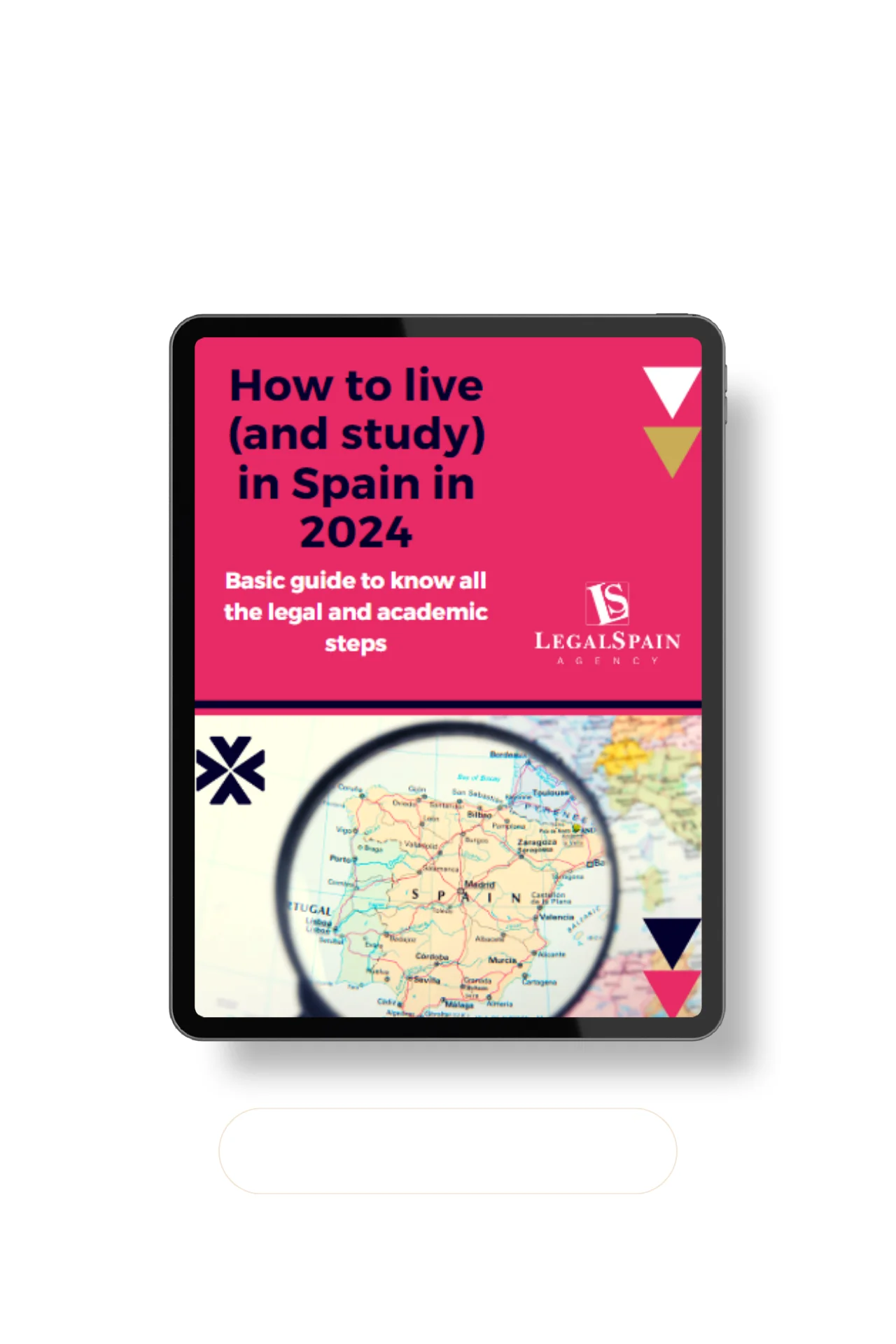One of the dilemmas students face is what to do after finishing college or university. Normally there are 2 alternatives: work on what you have studied or continue studying for further training. In this post we are going to talk about the differences between a master’s and a postgraduate degree.
Types of university studies in Spain
In Spain there are three levels within university studies: undergraduate studies, postgraduate studies or master’s degrees and doctorates. In order to access a higher level, previous studies must have been completed, so a doctoral candidate must have a university degree and a master’s degree, and a person who wants to carry out postgraduate or master’s studies must have completed their university degree.
There are many postgraduate and master’s options that complement our training and that can specialize us and prepare us for the job market. Now, which is better: a master’s degree or a postgraduate degree?
In order to answer this question, we must analyze each option carefully.
What is a postgraduate?
A postgraduate is a complementary training to the degree that does not usually have a large number of teaching hours. The study load is usually between 30 and 60 ECTS credits, so it is less than that of the master’s degrees. It is also distinguished from the master’s degree by offering a high degree of specialization and/or updating in a discipline. It is oriented towards a professionalization of the person in the area that is being studied. In some cases you can access postgraduate studies without a degree, although then, if you pass the course, you do not obtain a postgraduate degree but a certificate of achievement.
What is a master’s degree?
Master’s studies are aimed at acquiring advanced training, which can be specialized or multidisciplinary and which is oriented towards academic or professional specialization or initiation into the world of research. To access the master’s degree it is necessary, yes or yes, to have passed a university degree. Its study load is from 60 to 120 ECTS credits, distributed between 1 or 2 academic years. There are official master’s degrees and own master’s degrees.
Conclusion
As can be seen, postgraduate and master’s studies differ from each other and at the same time can be complementary. From here we can establish the following differences between master’s and postgraduate: duration of the courses, form of access, orientation, degree and types. In order to know what is best for us, we have to be clear about where we want to direct our professional future.
- Normally, if you want to be an expert in a field, what could be best for you is the master.
- If you want to amplify your knowledge in other areas, the best thing would be a postgraduate degree.
If you need advice to achieve your professional goals: do not hesitate! Contact us and we will study your case personally to offer you the best possible help.





